Asia/ Philippines/ 30.07.2019/ Source: www.philstar.com.
In 1994, the Philippine government signed into law Republic Act (RA) 7722, a law that resolved to “protect, foster and promote the right of all citizens to affordable quality education at all levels and shall take appropriate steps to ensure that education shall be accessible to all.”
Back then, only 22 percent of all Filipino youth had a shot at getting a college degree.
Twenty-five years after, this aspiration remains true for many Filipinos. In AmBisyon 2040, the government’s midterm development blueprint, about 73 percent of Filipino families answered that they want their children to be college-educated. Indeed, a college degree remains centerpiece in any family’s aspiration, seen as the key to a better life.
Today, college participation is at 28 percent and with many cards stacked in our favor for the years ahead: there are now more Filipinos completing high school than ever before, and the recently passed RA 10931 or the Universal Access to Quality Tertiary Education Act provides unprecedented support to Filipino youth intending to pursue higher education.
Not everyone, however, has an equal shot at making it to college.
In our project, YouthWorks PH — co-implemented by the United States Agency for International Development (USAID) and the Philippine Business for Education (PBEd) — we engage youth who are not in education, employment or training (NEET) and have learned much from them. In the past year, we have seen firsthand how many of our youth are not in college because of three factors: family obligations, either to take care of a parent or a sibling; the need to work; or their lack of interest in what is being taught in school.
This means rethinking how classes are organized and taught, from the rigid 8 a.m. to 5 p.m. class schedules, to more inclusive modes such as online learning and work-based training. This is the promise of the Philippine Qualifications Framework, passed into law in January 2018.
Today, the Philippines finds itself in a demographic window: a phase when the country’s working-age population will be proportionately larger than its dependents or those who are either too young or too old to work.
However, reaping this demographic dividend requires that we enable our youth to reach their highest potential through education, and that in parallel, we create quality jobs and provide routes for entrepreneurship. This comes hand in hand.
Looking ahead, the future holds much promise, but to get there, we must abandon traditional notions of how “college” looks like, and innovate on how and where learning can happen. This way, we can make higher education more inclusive for our youth.
Source of the notice: https://www.philstar.com/other-sections/education-and-home/2019/07/28/1938563/recasting-higher-education
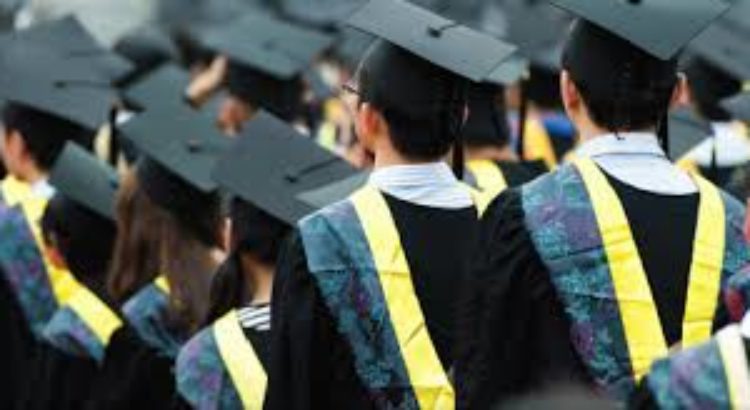
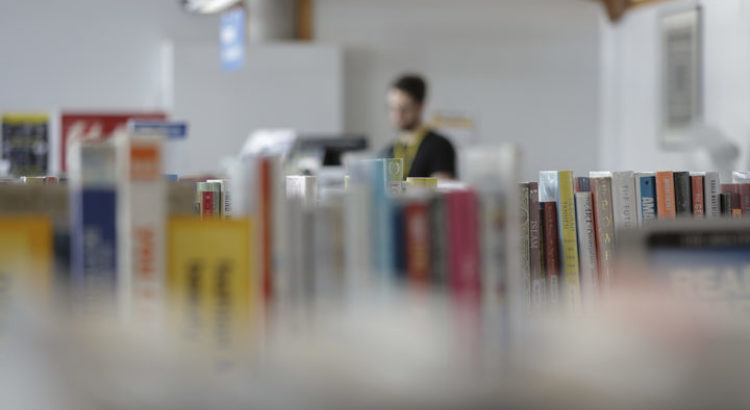

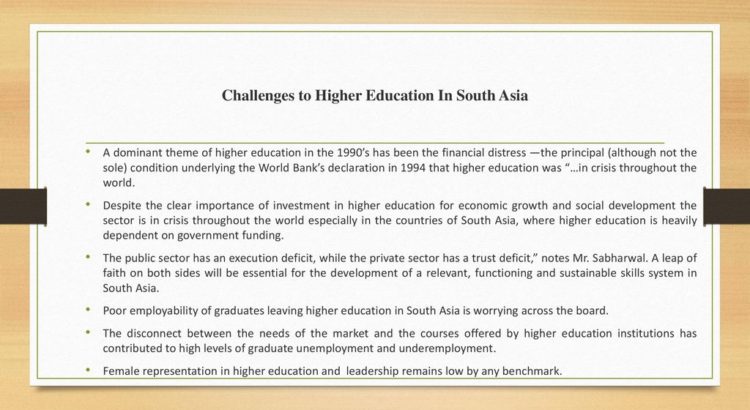
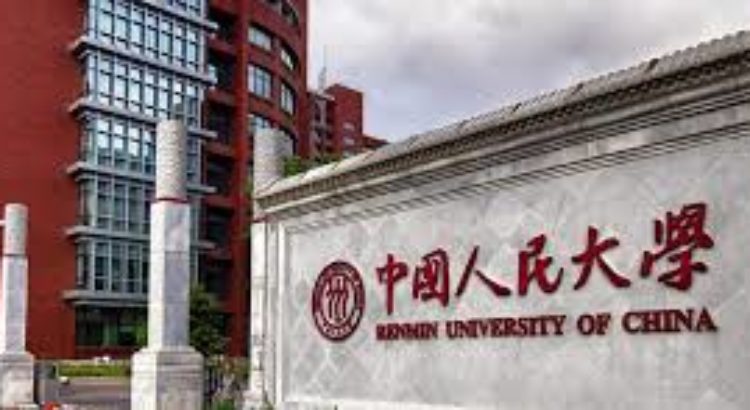


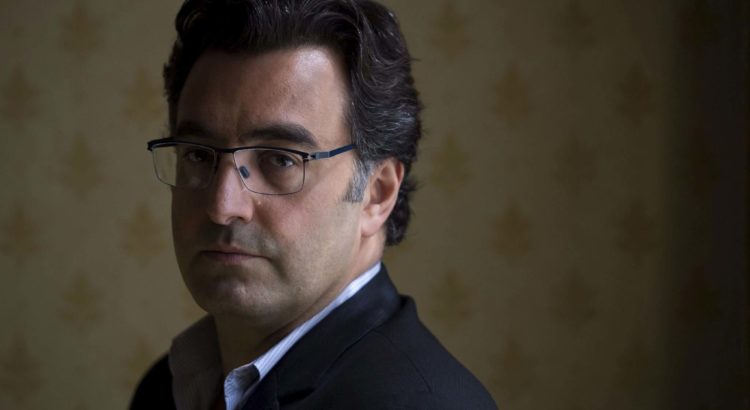







 Users Today : 14
Users Today : 14 Total Users : 35460471
Total Users : 35460471 Views Today : 25
Views Today : 25 Total views : 3419320
Total views : 3419320